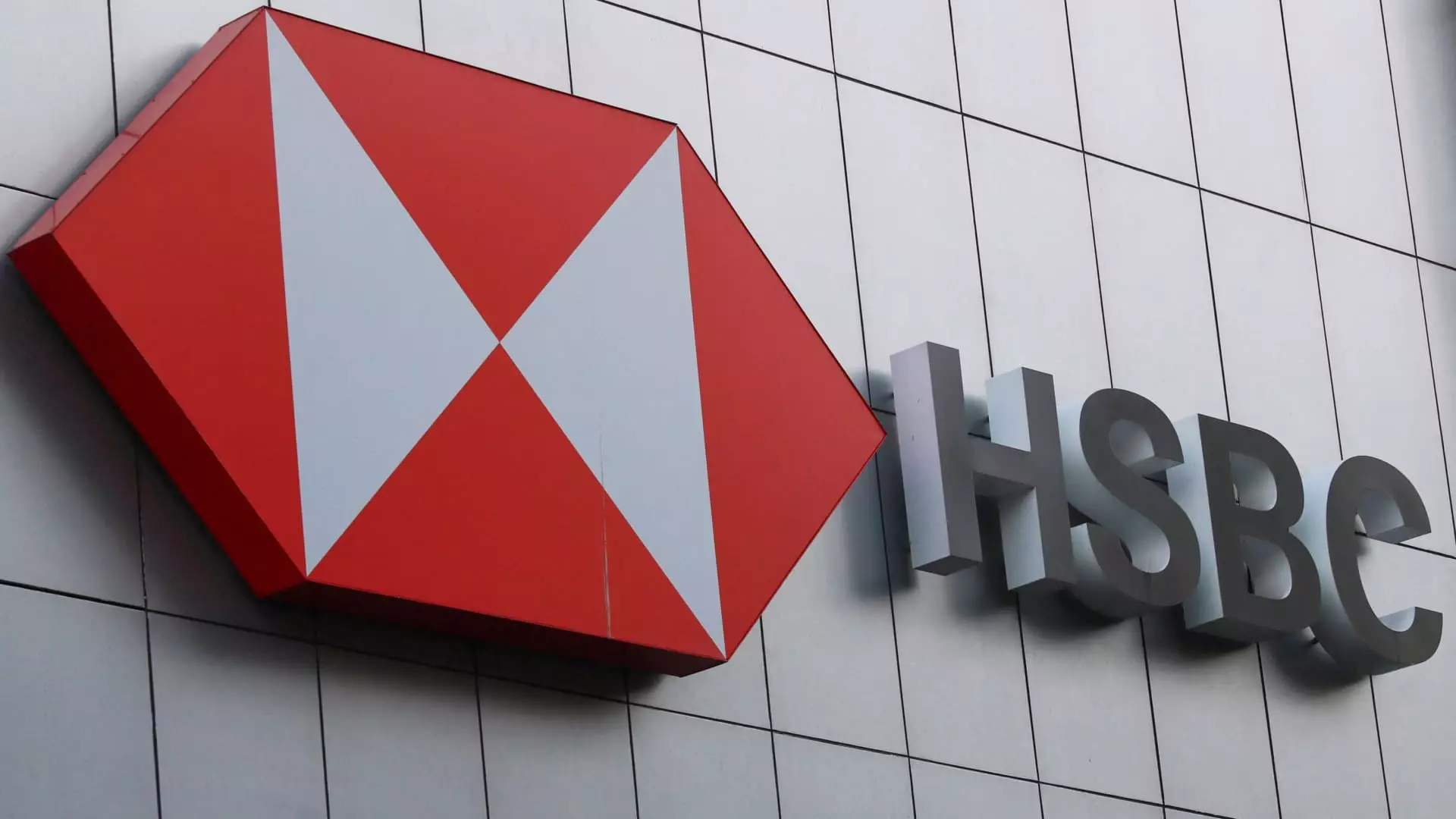HSBC Holdings plc, the largest lender in Europe, recently reported its annual financial results, marking a significant moment for the bank as it navigates turbulent market conditions. In a press release dated Wednesday, HSBC announced a share buyback program worth up to $2 billion, a move that reflects its commitment to returning value to shareholders amidst a competitive banking landscape. The bank witnessed a 6.5% rise in pre-tax profits, bolstered by the successful divestiture of its Canadian banking operations. For the fiscal year, HSBC declared revenues of $65.85 billion, which, although slightly below the previous year’s figure of $66.1 billion, underscores the resilience of its business model.
Further dissecting the numbers, HSBC’s reported pre-tax profit of $32.31 billion fell marginally short of LSEG mean estimates, which expected a more robust performance of $32.63 billion. Nonetheless, these results exceeded the bank’s own compiled consensus of $31.67 billion, showcasing a notable rebound in the fourth quarter, where pre-tax profit surged to $2.3 billion, significantly improving after a challenging previous year.
Looking ahead, HSBC has set ambitious targets for its revenue streams and operational efficiencies. The bank anticipates banking net interest income to reach $42 billion in 2025, a slight decrease compared to the $43.7 billion forecasted for 2024. In tandem with revenue strategies, HSBC is implementing a stringent cost-reduction plan aimed at trimming expenses by an annualized $1.5 billion by the end of 2026. This proactive approach reflects a broader trend in the banking sector, where institutions are re-evaluating their operational frameworks in response to fluctuating economic indicators.
In light of recent staffing changes, including the dismissal of approximately 40 investment bankers in Hong Kong, it is clear that HSBC is recalibrating its workforce to enhance efficiency in critical sectors like mergers and acquisitions, consumer sectors, and real estate. Such actions are part of a fundamental restructuring strategy that aims to bolster performance and align with market needs.
The latest financial disclosures are pivotal as they represent the first full-year results under the leadership of Georges Elhedery, who stepped into the role of Chief Executive Officer in July. Elhedery has initiated a broader reorganization of HSBC, creating four distinct business units focused on the differentiated markets of East and West. This strategic maneuver seeks to cultivate a more agile and simplified structure that harnesses the bank’s core strengths. In a statement reflecting his vision, Elhedery emphasized the importance of rapid adaptation: “We are creating a simple, more agile, focused bank built on our core strengths.”
Moreover, the anticipated cost reductions stemming from this restructuring could lead to approximately $300 million in savings by 2025, reinforcing HSBC’s commitment to operational efficiency without compromising its service quality.
Market Reception and Investor Sentiment
Despite the optimistic outlook and strategic initiatives, HSBC’s stock experienced a slight decline of 0.29% following the earnings announcement. This muted market response might suggest investor caution amid ongoing uncertainties in the global economic landscape. Nevertheless, analysts such as Michael Makdad from Morningstar remain bullish, recognizing that HSBC’s proactive steps towards cost management and shareholder returns are in alignment with market expectations.
HSBC’s latest results and strategic decisions underscore the bank’s adaptability in a fast-evolving financial environment. As it navigates the complexities of restructuring and shifting market demands, HSBC’s ability to maintain profitability while enhancing efficiency and value for its stakeholders will be critical to its ongoing success.

